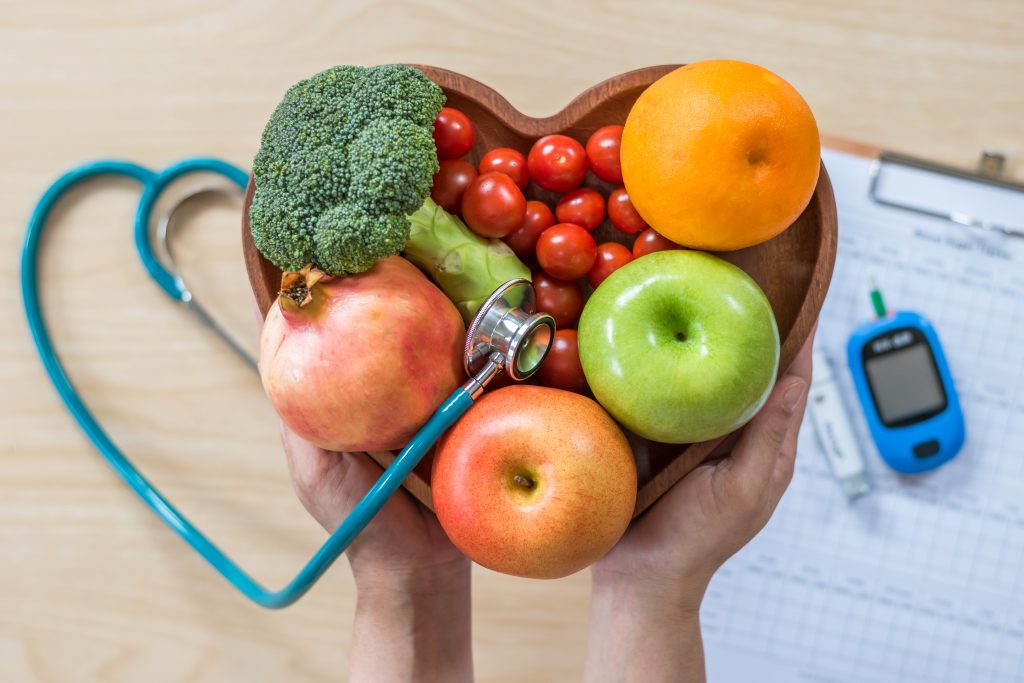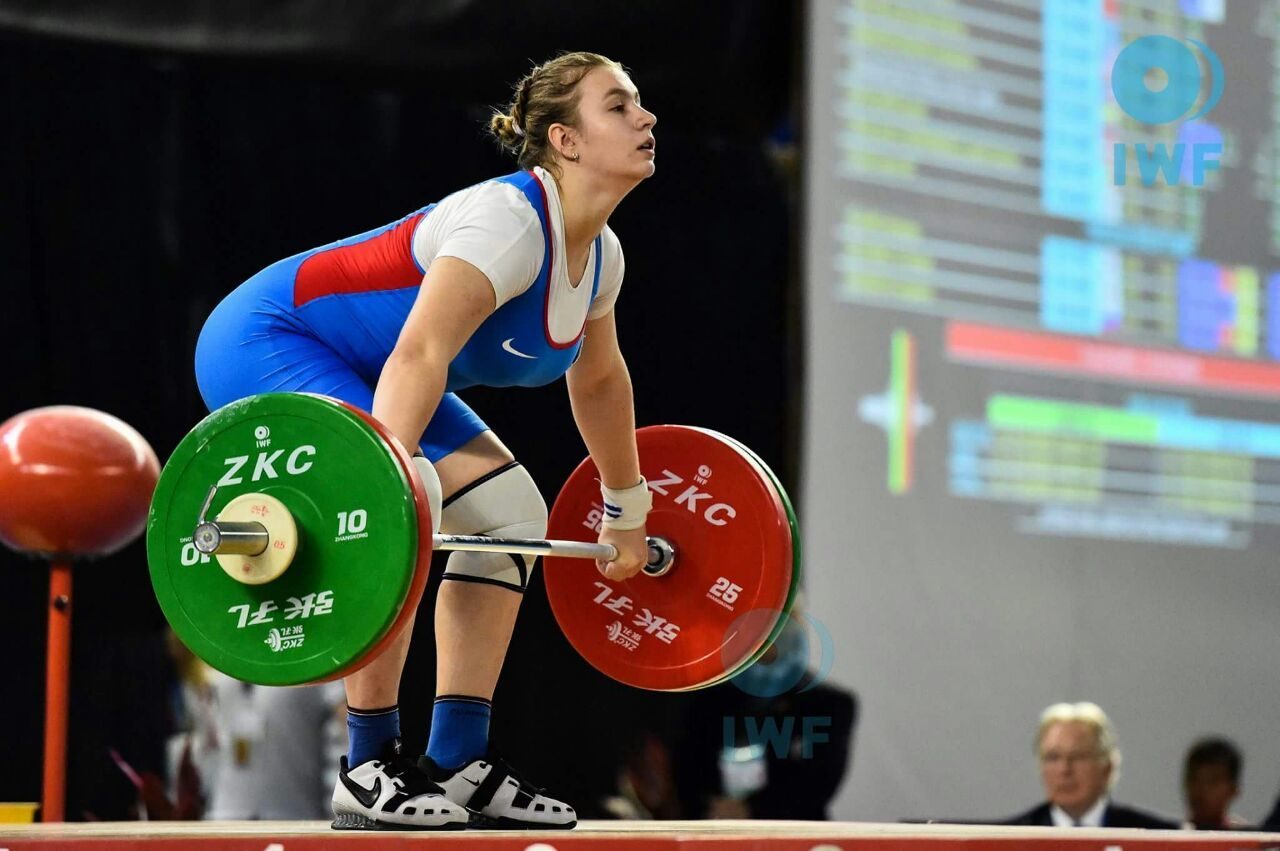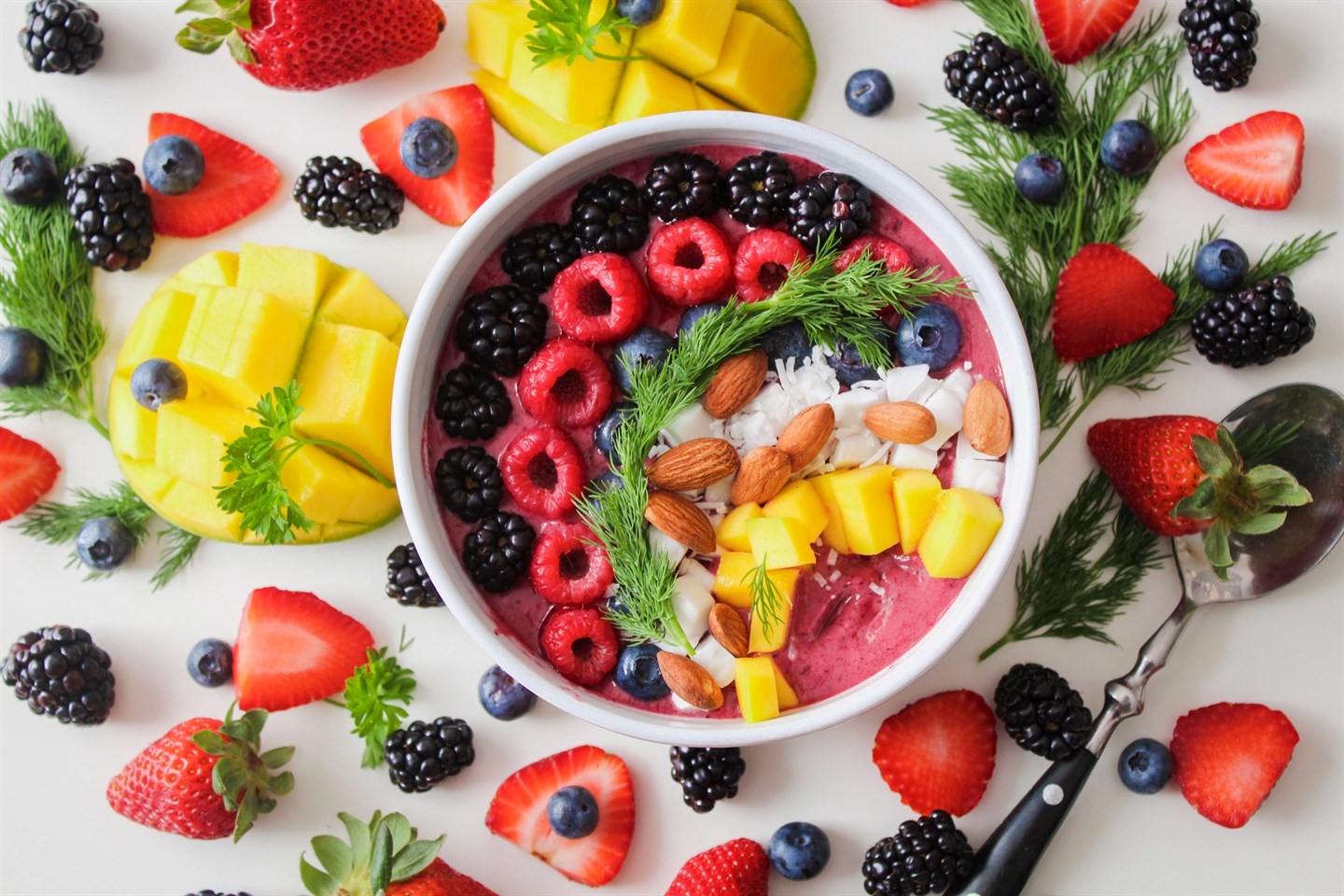Losing weight is something that is sought after by many people. But how do you go about gaining weight with vegan nutrition?
Why do I lose weight when I go vegan?
When you become vegetarian or vegan, you tend to lose weight. This is quite easily explained in the sense that the average caloric density of foods is lower.
Indeed, in general, foods of plant origin contain more water and fiber, and this different composition results in a lower average caloric density than for foods of animal origin.
The calorie represents an amount of energy that will be used by the body for its daily expenses. Therefore, if the calorie intake is lower than the expenditure, we will tend to lose weight. On the other hand, if the calorie intake is higher than the expenditure, we will tend to gain weight.
What solutions to gain weight as a vegan athlete?
Consume more qualitative calories
So the easiest solution is to give the body more high calorie foods. Be careful, however, in a logic of health and qualitative weight gain (muscle mass if possible), it is not only the quantity of calories that must be taken into account but also their quality.
For example, consuming vegan fast food (vegan nuggets, vegan cordon bleu, etc.) is not a good idea because they are mostly “empty calories” (not qualitative). In addition, these foods are processed and have a fairly low high net gain (they provide a lot of energy but in return they incur high energy expenditure to eliminate their bad components during the digestion process).
Ditto if you are a vegetarian, I advise you not to over-consume dairy products, cheese. They are high in calories but they are still unhealthy, especially if you eat a lot.
On the contrary, it is better to turn to foods that may be slightly less caloric but which will have a much higher micro-nutritional potential (vitamins, minerals, trace elements) and will therefore be more beneficial to avoid potential risks of deficiencies and weakened immune system (which can increase the risk of injury and disease).
This therefore means more foods rich in carbohydrates with low or moderately high glycemic indexes but of quality, such as legumes (chickpeas, white and red beans …) if you consumed little (if possible sprouted for a maximum energy intake), more cereals / pseudos whole or high quality cereals (brown rice / black rice / millet / oatmeal … ).
Be careful not to overconsume too much legumes (often poorly digested) and cereals to avoid fat gain. I advise you to already consume a lot of fruits, vegetables, spices and herbs of all kinds (even if they are less caloric, they have vital roles for the body).
Consume more fat
In the event of a really fast metabolism (great difficulty in gaining weight), it is possible to consume foods that are even richer in calories – fat – such as oilseeds. Nuts, almonds, pistachios, pine nuts… They are a real plus for a vegan athlete looking to gain weight.
Oilseeds are also packed with nutrients and will be much more beneficial for health and performance than simple mock meat.
Finally, we must also not neglect vegetable oils, which are the foods richest in calories, because they are 100% lipids. For the more nutritious, we can find for example rapeseed oil, hemp oil, camelina oil (omega 3 intake being optimal).
Of course, the idea is not to binge on fat but simply to understand that if they are selected qualitatively, they can be beneficial for weight gain while minimizing fat gain. fat mass in comparison to bad sources of lipids (omega 3 present in good oils will on the contrary allow to destock fat mass).
Incorporate smoothies
It can also be a good idea to consume 1 to 2 smoothies per day. In fact, smoothies add calories in a very simple way (mixed foods take up less space) and are easily consumed (it is always easier to drink than to eat). You can even incorporate lipids directly into your smoothies (a teaspoon of flaxseed / hemp oil or a handful of walnuts / cashews) to increase their calorie density.
What if it’s not enough to gain weight?
There can be multiple reasons and it is impossible to list them all as it will depend on each one. However, we also have to see if the training is suitable for these weight gain goals.
Are your weight training sessions intensive enough (rather heavy loads) to promote weight gain? If you practice another sport, it might be a good time to add 1, 2 or 3 weight training sessions per week. Indeed, the hormonal and nervous system will have to adapt by storing more energy – and therefore allowing you to gain weight – when we practice weight training.
Last solution, add food supplements. Easily assimilated, a protein powder will provide practical support for weight / muscle gain. Try the above solutions so that as a last resort you turn to dietary supplements. Regarding “gainers” I advise you to avoid them, they are often rich in sugars with high glycemic indexes and will therefore tend to promote fat gain.
To understand how to optimize your diet in order to gain or lose weight, you can download the free vegan nutrition guide by clicking here or better yet, start the 12-week Vegan Sports Nutrition program by clicking here . Train with the heart, eat with the heart.




